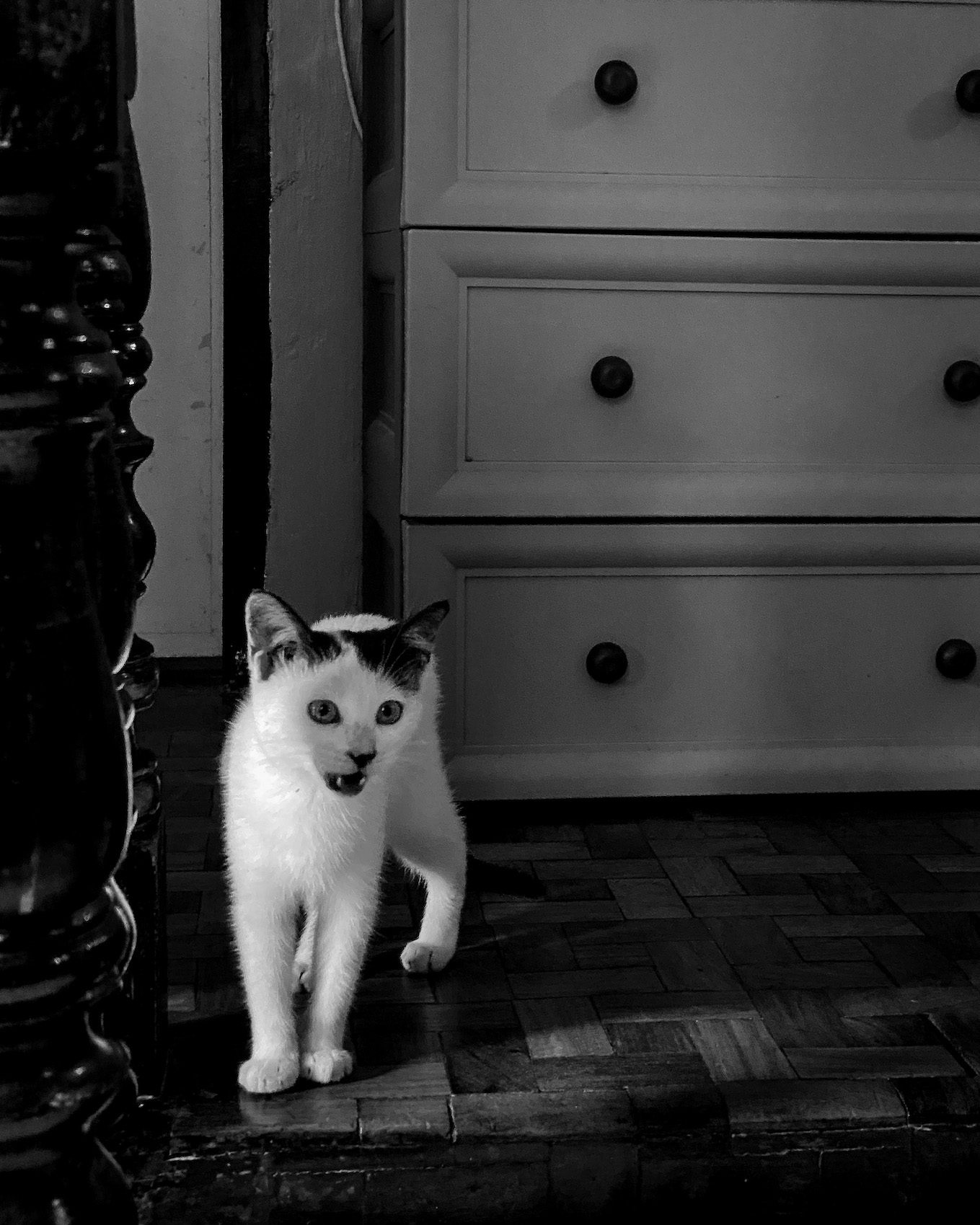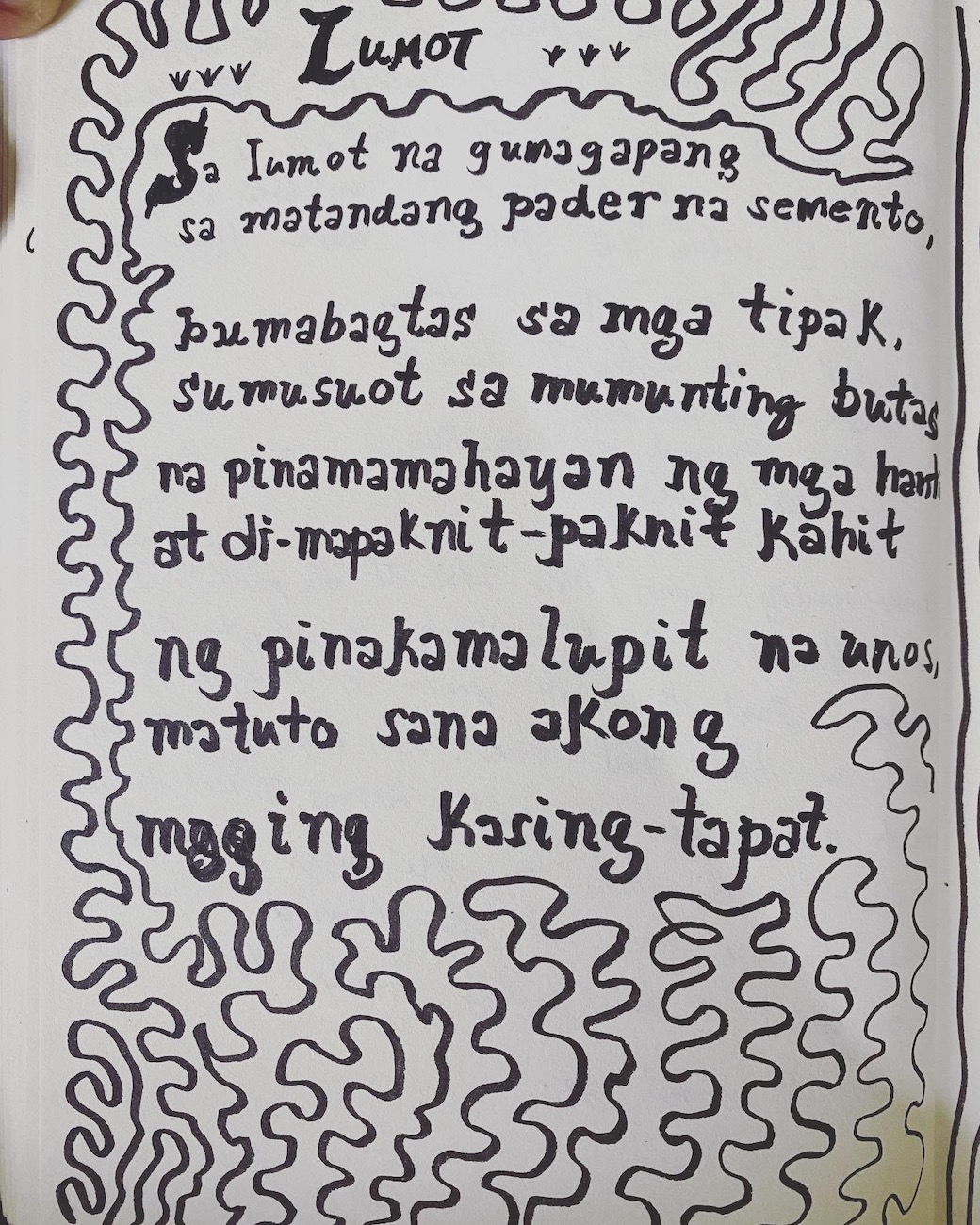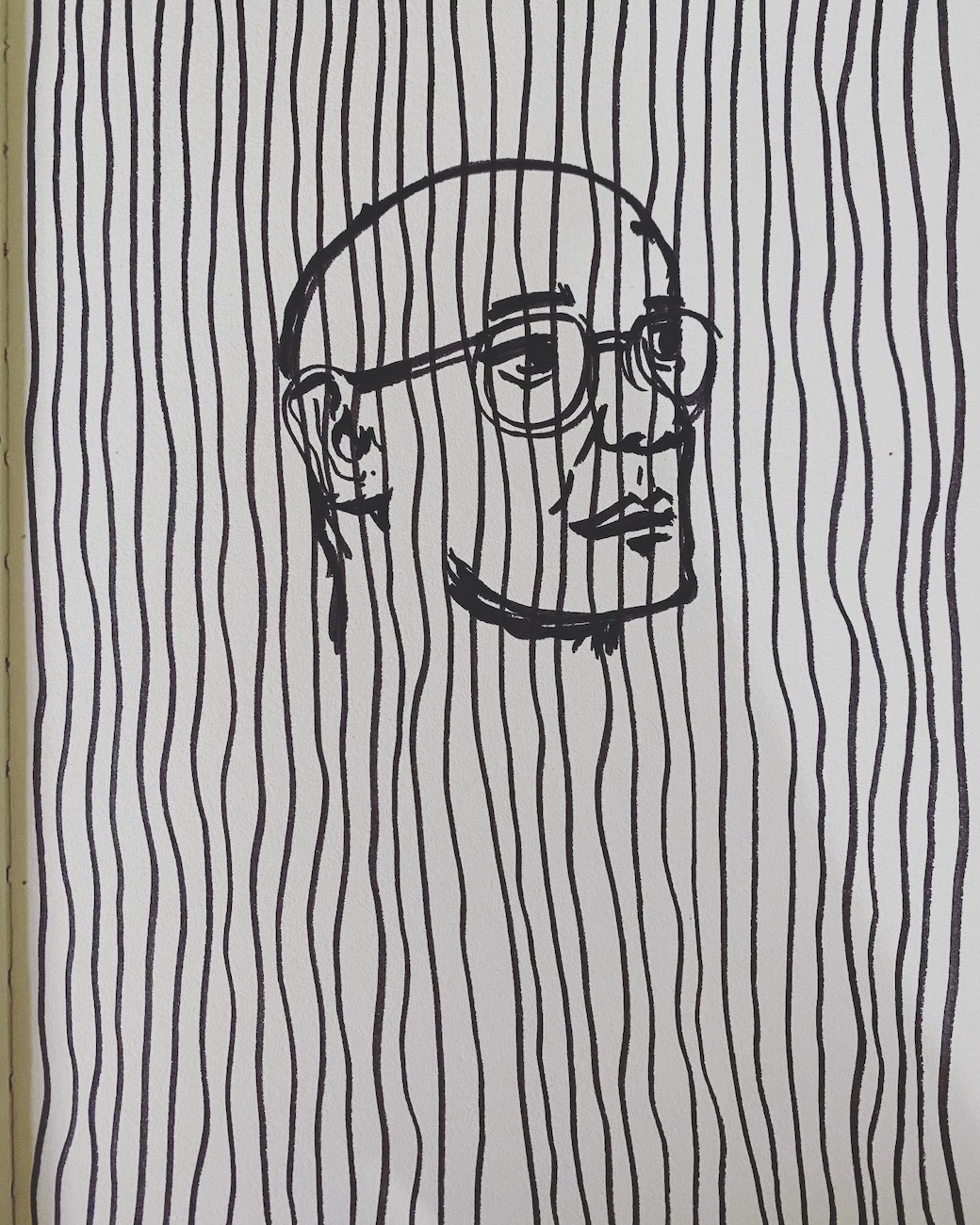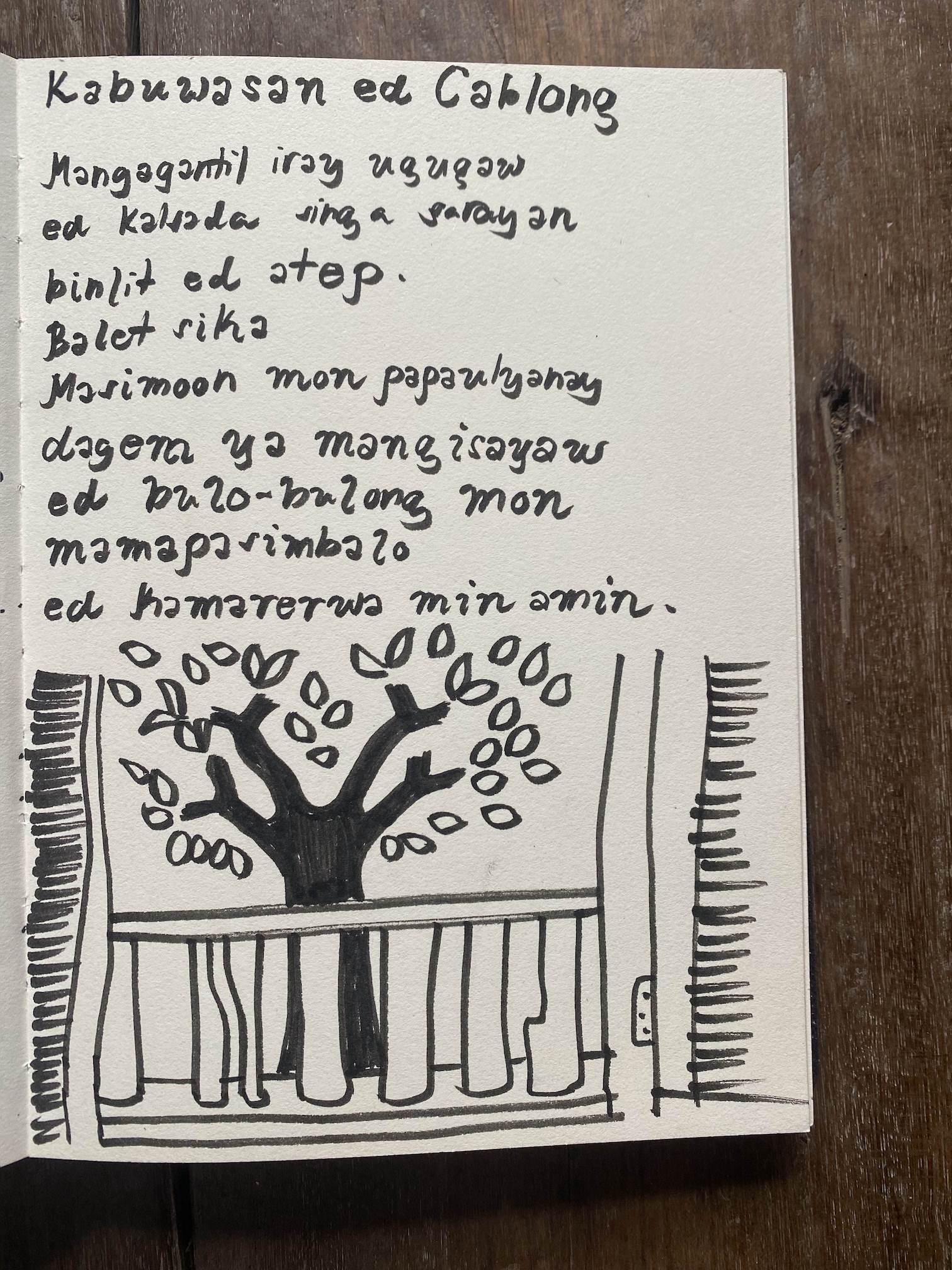 There is joy in clean laundry.
There is joy in clean laundry.
All is forgiven in water, sun
and air. We offer our day’s deeds
to the blue-eyed sky, with soap and prayer,
our arms up, then lowered in supplication.
~ Ruth Moose
I’m Vince Imbat, and this is The Long Walk.
The Long Walk: November 28 to December 4, 2022
November 28, Monday
I encountered a Thich Nhat Hanh quote that I really like. It says:
The feeling that any task is a nuisance will soon disappear if it is done in mindfulness.
I then discovered Bernadette Mayer, a poet and artist whose work “Memory” piqued my interest. Here is the description of Memory on Mayer’s official website:
In July 1971, Mayer began experimenting with her memory. She shot a roll of 35mm film each day, and kept a rigorous daily journal. The project resulted in a staggering total of 1,100 photographs and nearly six hours of recorded poetry.
Photography and poetry as media for individual experience? Sounds like my cup of tea. You can view some of Mayer’s photographs here.
November 29, Tuesday
In my journal, I reflected on what I could learn from my impatience while waiting for my laundry. I wrote:
It’s funny how something as trivial as an undone laundry could affect one’s going about in life. I think a good number of evidence proves that I am an impatient person or that I have a tendency for impatience. And this triggers anger. But more importantly as it is more dangerous—it develops distrust to fellow human beings. Instead of having my laundry done by someone else, I buy a washing machine and do it myself. Instead of riding public transpo, I buy my own car and drive it myself, avoiding rude drivers, conductors, and passengers. But can we really find fault in the person who chooses to rely on himself at this day and age when quality of action and real genuine care is really low? Perhaps this is the reason why people search for churches and cling to them—little societies where the utopia could be built—where shared values and beliefs are nurtured, protected, and members find camaraderie and friends among each other.
November 30, Wednesday
When we woke up, I invited Lea to walk with me to Freedom Park and meditate there. After meditating, it started to rain, so we had to go home.
Back home, I tried journaling, but words won’t come out. So I did what I often do when words don’t come: I drew.

Actually, I still wrote, but I did not generate the words. I simply hand-copied Rofel Brion’s Filipino poem Lumot (moss) on a journal page using a brush pen, which I used for the first time. I then watched this Lynda Barry video on following a wandering line and did the exercise around the poem. Lynda Barry is one of my favorite artists, and I even became more fond of her after learning that she was half Filipino.
I watched another of her videos, the one about using the brush pen to make vertical lines. After seeing the lines, I felt the urge to draw a portrait. So I drew Rofel’s portrait in the middle of the lines. I showed it to Rofel, and thankfully he liked it!

December 1, Thursday
On Rem Tanauan’s 40th day after his passing, along with his family and a few friends, we remembered, once more, how much we lost.
December 2, Friday
I set on an eight to nine-hour trip from Los Baños to Pangasinan. While in transit, I chatted with a Pangasinense kumukurit (writer) who writes anlong (poems) like me. He befriended me the night before, perhaps after seeing my poem at TLTD, and started a conversation about the state of Pangasinan literature. Through Melchor E. Orpilla, a social studies teacher at Unibersidad de Dagupan, I learned that an existing group champions the Pangasinan language and its literature. The group’s name is Ulupan na Pansiansiay Salitan Pangasinan (UPSP), which roughly translates to the Association of Preserving the Pangasinan Language. The group has a magazine, the Balon Silew (New Light), and a small but vibrant community of Pangasinan writers do exist. Learning about this was a relief. I was both inspired and intimidated. Here are writers with a deeper knowledge of my mother tongue than I do, who write poems and self-publishes them while recognizing that readers are few and all efforts are but a resuscitation of an endangered language. Meanwhile, I left Pangasinan because I couldn’t find a community of artists there, writing anlong from afar.
Melchor E. Orpilla has written a book of poems, Lainëng ed Casborran, and a translation of a Katipunan colonel’s war memoir.
December 3, Saturday
I had dinner and some laughter in the company of family.
December 4, Sunday
After meditation and journaling, I wrote a poem in Pangasinan in my journal using the brush pen, then translated it into Filipino and English.
I leave you with these poems.

UMAGA SA CABLONG
Naghaharutan ang mga bata
sa kalsada parang
mga pipit sa bubong.
Subalit ikaw
taimtim mong hinahayaang
isayaw ng hangin
ang mga dahon mong
nagpapanariwa
sa mga kaluluwa namin.
MORNING IN CABLONG
Children romp on the streets
like these sparrows
on the roof.
But you,
you earnestly allow
the wind to sway
your leaves
that mend
our souls.